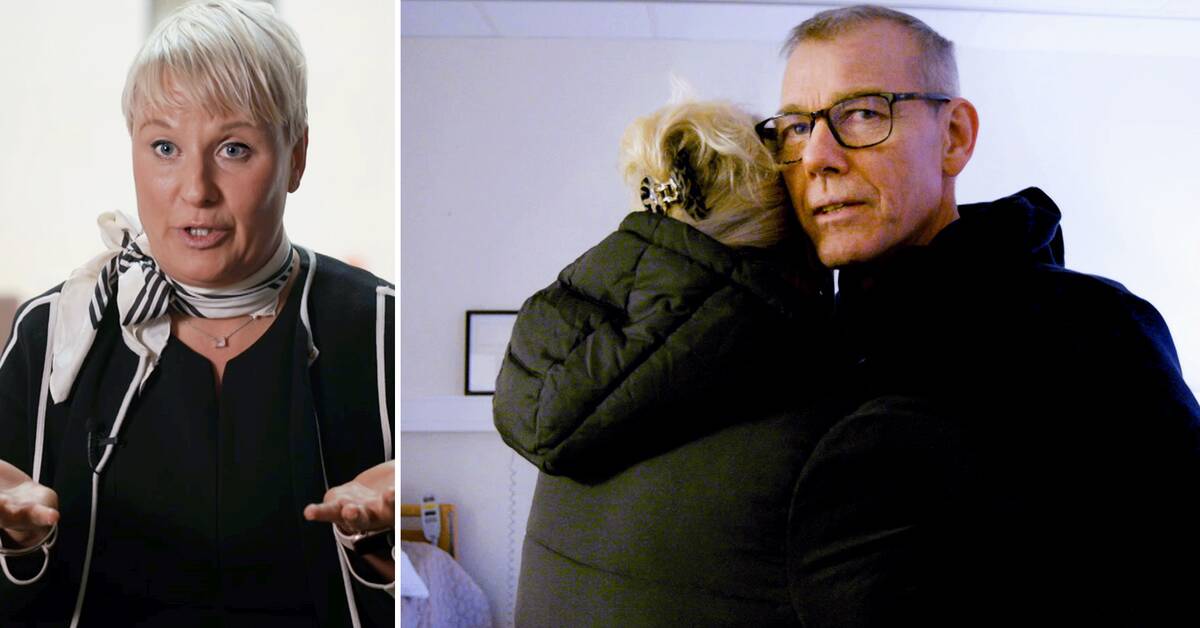At homes in Halland and on Gotland, dementia sufferers have the opportunity to stay outdoors whenever they want. In Norrbotten, outdoor time is limited in 75 percent of the accommodations.
"It shouldn't be a lottery, that you end up in a good place or if you end up in a bad one," says Ingmar Skoog, professor and dementia researcher at the University of Gothenburg.
– What is it that makes there such big differences? Because these are huge differences," he continues.
Unique statistics show differences
In the statistics, the National Board of Health and Welfare, exclusively for Uppdrag granskning, has separated the dementia homes from the usual care homes and the homes with departments for both. Such statistics have never been produced before. The figures indicate how good the country's dementia homes are and how well they take care of the residents, says Ingmar Skoog.
"We know that good care, an active nursing home where people can exercise, where you have various meaningful activities, can affect how severe dementia is," he says.
Suffered from dementia at an early age
Stefan Eriksson, 57, from Floda in Västra Götaland suffered from dementia early on and now needs more care than he can get at home. His wife and daughter talk in the series "When I no longer remember you" about the difficult decision to let Stefan move to a dementia home. They choose an accommodation that is better placed than the country as a whole in terms of training and that the residents can get out. The staff is better trained, but is also slightly fewer than the national average.
Javascript is disabled
Javascript must be turned on to play video
Learn more about browser support
Hear how Anna Tenje (M) wants to overcome the differences in the country's dementia care. Photo: SVT
Minister: "Should not be decisive"
The Minister for the Elderly and Social Security Anna Tenje (M) reacts to the large differences between the country's dementia homes.
– Which home you come to should not be decisive for what care or what care or support you actually receive, or de facto whether you actually get a dementia diagnosis or not.
The majority of those affected by dementia are over 80 years of age. As we get older, the pressure on dementia care will increase. In 2020, approximately 500,000 Swedes were over 80 years old. In seven years, 2030, that group will have grown to over 800,000 people, according to Statistics Sweden. Anna Tenje (M) sees skills supply as a challenge linked to demographic development. She also highlights the value of expanding daily activities for people diagnosed with dementia.
"We know this is good, not least because you can actually stay at home a little longer, which you also want," says Anna Tenje (M).
Here you can go in and compare the special housing where you live, both dementia homes, mixed homes and ordinary care and nursing homes.

